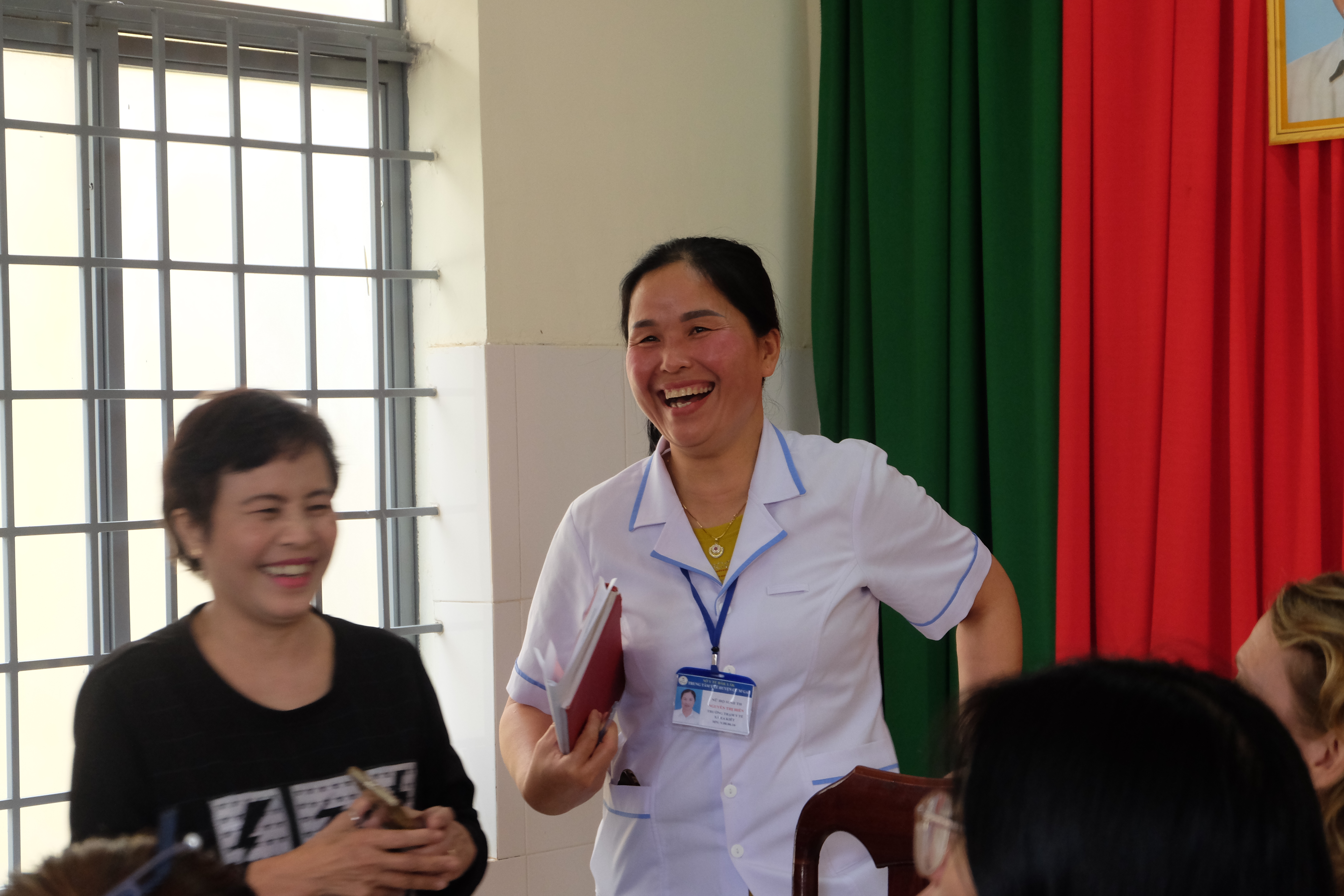
About the course | Course objectives | Course details and resources
“I feel more confident now, after being the trainer for the first time in my life, I think I just made the impossible possible!”
District vaccine staff, Dak Lak province, Viet Nam
![]()
About the course
Background
While vaccine delivery and uptake in Vietnam has been high (WHO, 2022), sporadic outbreaks of vaccine preventable diseases (measles, diphtheria and neonatal tetanus) reveal that uptake is not uniform across the country (An et al., 2016, Nguyen et al., 2019, Vo et al., 2019) – and particularly amongst ethnic minority communities. The Oxford University Clinical Research Unit has worked in Dak Lak province, Central Highlands, Vietnam in partnership with the provincial Centre for Disease Control (CDC) since 2014 to conduct research on zoonotic infections, sero-surveillance, qualitative and quantitative research on vaccine uptake, and evaluation of community engagement interventions.
The research showed that local healthcare workers play an essential role in encouraging and maintaining the community’s vaccination behaviours. However, the frontline commune-level vaccine staff are often unpaid volunteers, with little or no training about the vaccines they are promoting, or the skills needed to communicate about health issues, often with community members of another ethnic group and language.
In response to these findings, and in collaboration with Dak Lak CDC, a training programme was developed to enhance the capacity of commune vaccine staff, with a particular focus on supporting their communication about the vaccines and vaccination process.
Piloted with vaccine staff from 17 communes and with over 40 district-level health staff (2022-23), the participatory training programme not only enhances self-confidence by creating an active learning space for commune vaccine staff, but also ensures sustainability through capacity building for the trainers.
The programme is suitable for local health staff to deliver and for commune/village vaccine staff to build their confidence and capacity. While focused on vaccination within the current programme, the training has been developed to enable focus on a variety of health issues and useful for anyone whose work involves communication
Watch the full video about the training here
Read more about this training program in Vietnam here.
![]()
Objectives:
The training aims to enhance the capacity and impact of health collaborators in communicating about vaccination through the local health program. The main objectives of this training program are:
- Objective 1: Health collaborators are more knowledgeable about vaccines.
- Objective 2: Health collaborators gain a deeper understanding of the local community they are working with, including any local power dynamics and gender issues.
- Objective 3: Health collaborators better understand engagement processes within the local context, and how to work effectively and cooperatively with cross-cultural community contexts.
- Objective 4: Health collaborators are confident, persuasive and empathetic, and have strong communication skills for communicating about vaccination.
Programme:
A five-module training course, a training manual and a training of trainer (TOT) course for district-level health staff who deliver this training. Accompanying the course is a reflective journal, flashcards and a flipbook related to vaccination preventable diseases and symptoms.
![]()
Training programme resources
The training materials include:
- A Training manual - for facilitators of the training
- A Reflective journal - for participants of the training
- A Flipbook - for communicating with community members about the immunisation programme
- Flashcards - for communicating with community members about the immunisation programme
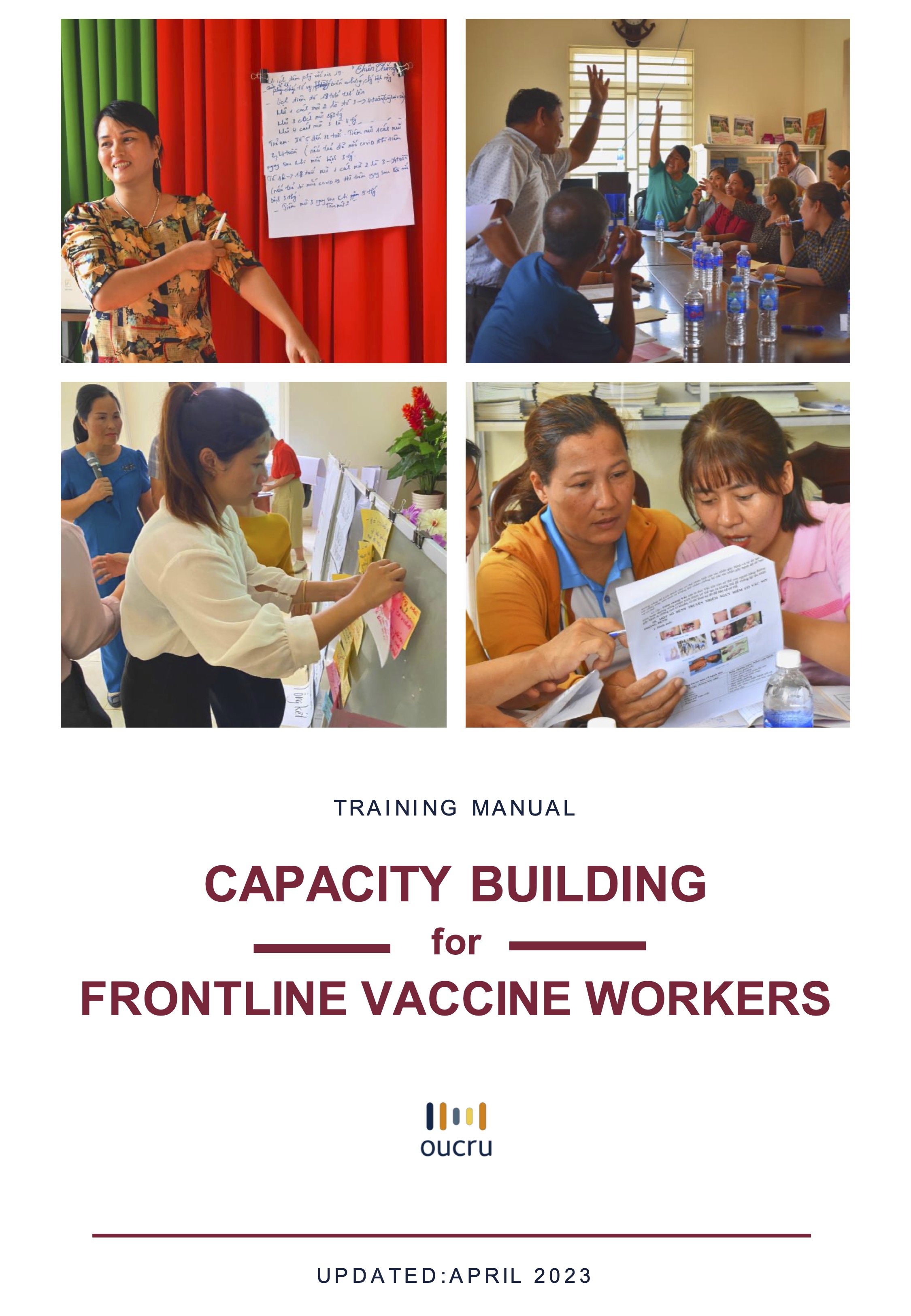 |
1. Training Manual on practical communication skills for vaccine staff |
|
A practical course which engages participants in a participatory and reflective approach to the training relevant to their work context. The Training Manual outlines the course content and guides facilitators. Developed as a Training Of Trainers (TOT) programme and containing five modules to be delivered. Each module refers to different aspects of skills and knowledge in communicating about vaccination. They can be arranged flexibly, depending on the specific context of different communities and the needs of participants and trainers. Each module made be delivered independently across a period of trainings or together as a full course. |
Introduction to the Course l pages 3-4 [pdf]
Key learning tools l pages 5-6 [pdf]
Module 1: Building Trust l page 7 [pdf]
Building basic skills related to persuasion and communication about infectious diseases and their vaccines.
Includes roleplay and reflection exercises.
Activity 2 Worksheet: “A job description” l page 51 [pdf]
Activity 3 Worksheet: “Happy and Unhappy Moment” l page 52 [pdf]
Activity 4 Worksheet: “Addressing causal factors” l page 53 [pdf]
Activity 6 Worksheet: “I can communicate about vaccination.” l page 54 [pdf]
Module 2: Persuasion Skills l page 19 [pdf]
Building persuasion capacity through set of skills: Listening – Observing – Responding.
Includes roleplay and creating a communication message.
Activity 2 Worksheet: “The 5W technique” l page 55 [pdf]
Activity 4 Worksheet: “The Dos and Don’ts” l page 56 [pdf]
Module 3: Language l page 26 [pdf]
Focusing on verbal and non- verbal language skills.
Includes groupwork, and a game.
Activity 3 Worksheet: “Useful tips” l page 57 [pdf]
Activity 5 Worksheet: “Understanding non-verbal language” l page 58 [pdf]
Module 4: Local support network | page 35 [pdf]
Building and maintaining a support network locally.
Includes stakeholder mapping exercise.
Activity 1: “Changes in local context” l page 59 [pdf]
Activity 3: “Stakeholders mapping tool” l page 60 [pdf]
Module 5: Vaccines and their Benefit l page 43 [pdf]
Providing a basic understanding of infectious diseases and vaccines.
Includes local health mapping exercise and debating exercise.
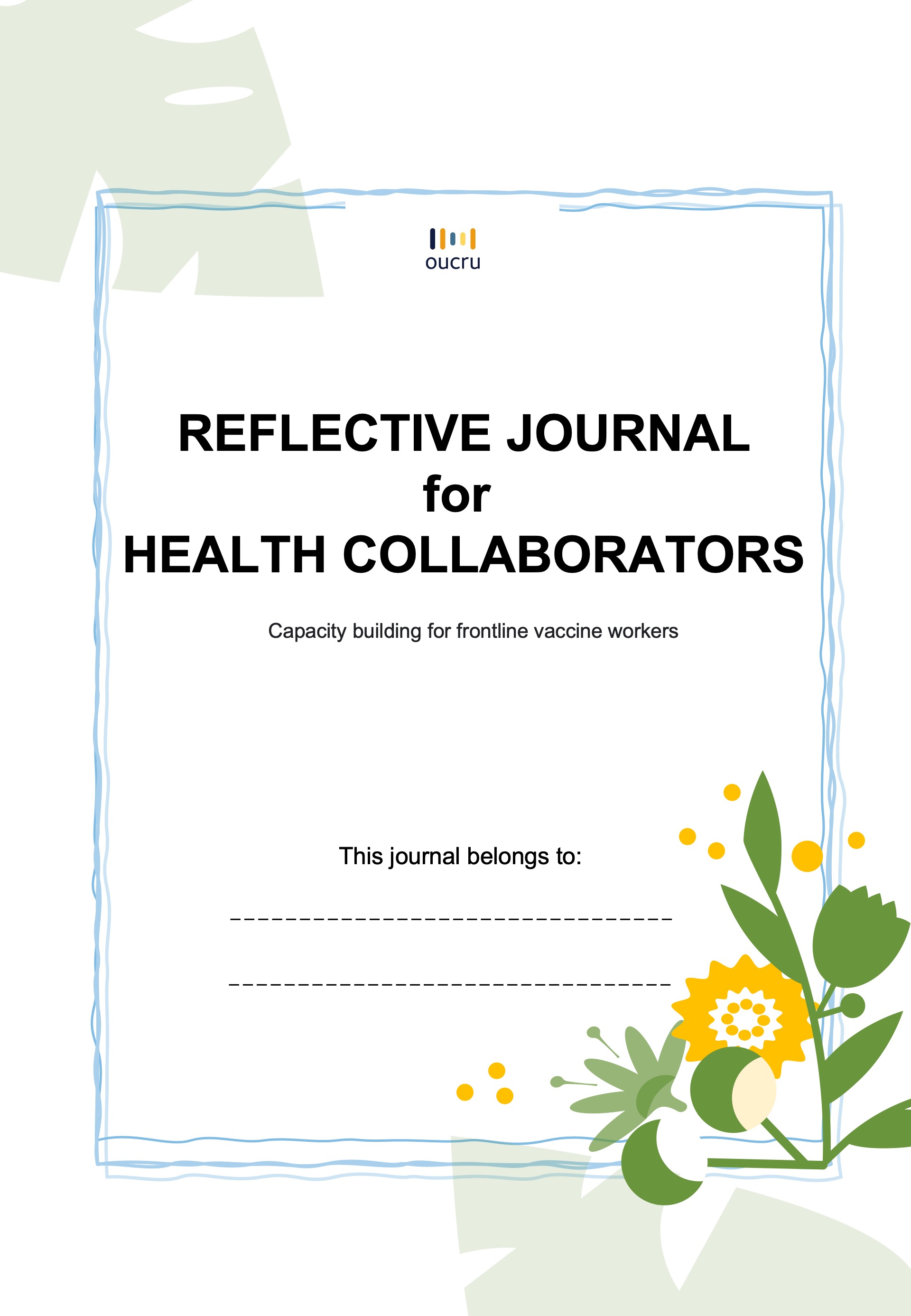 |
2. The Reflective JournalA learning tool to support reflection and documenting learnings on certain aspects related to the training and participant’s work context. |
3. Flashcards and Flip book:Providing visuals and information about vaccine preventable disease and symptoms to support communication with community members. The Flipbook may be used in information sessions for groups or individuals. The Flashcards may be used in information sessions for groups or individuals - as well as in training sessions with health staff. |
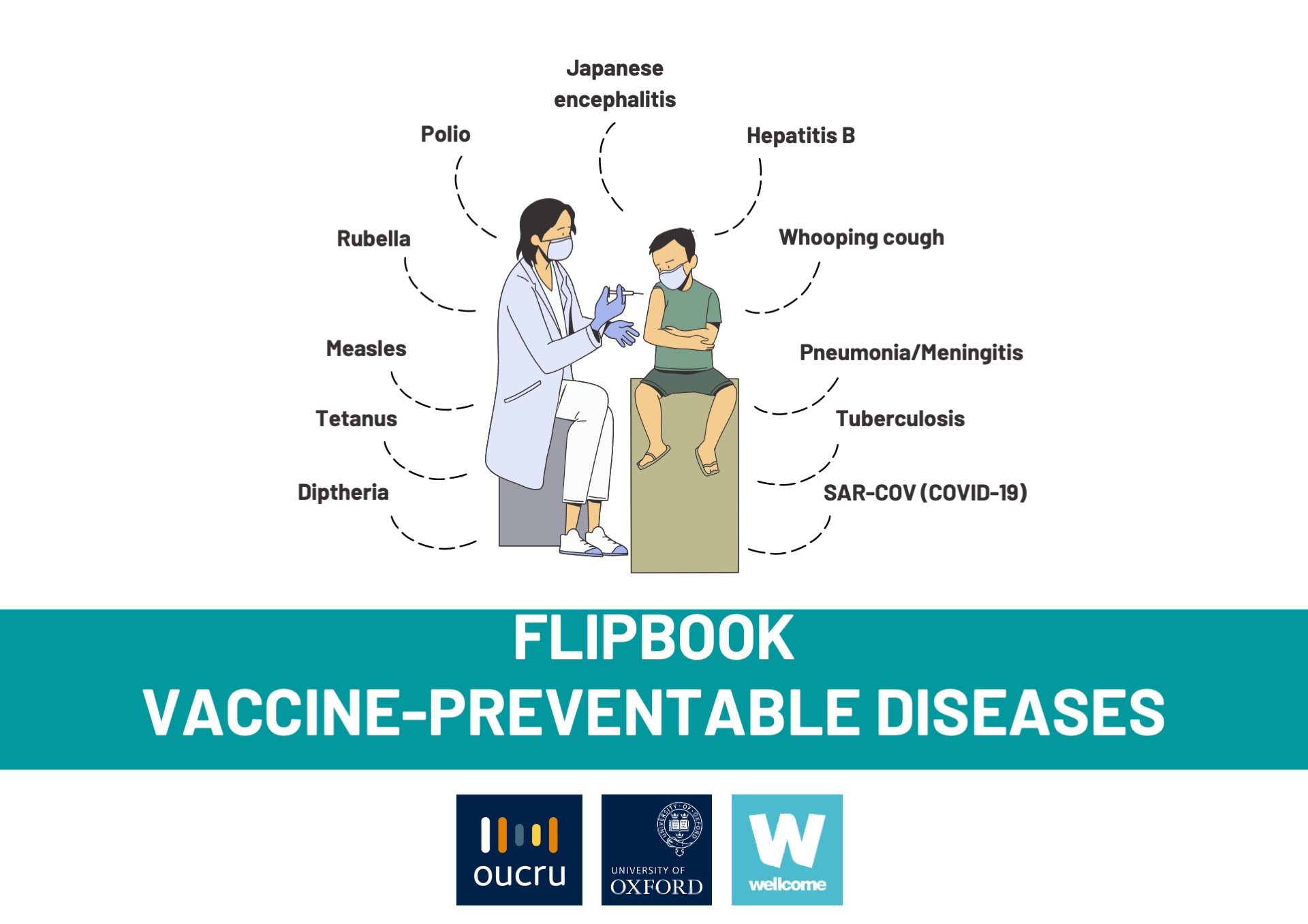 |
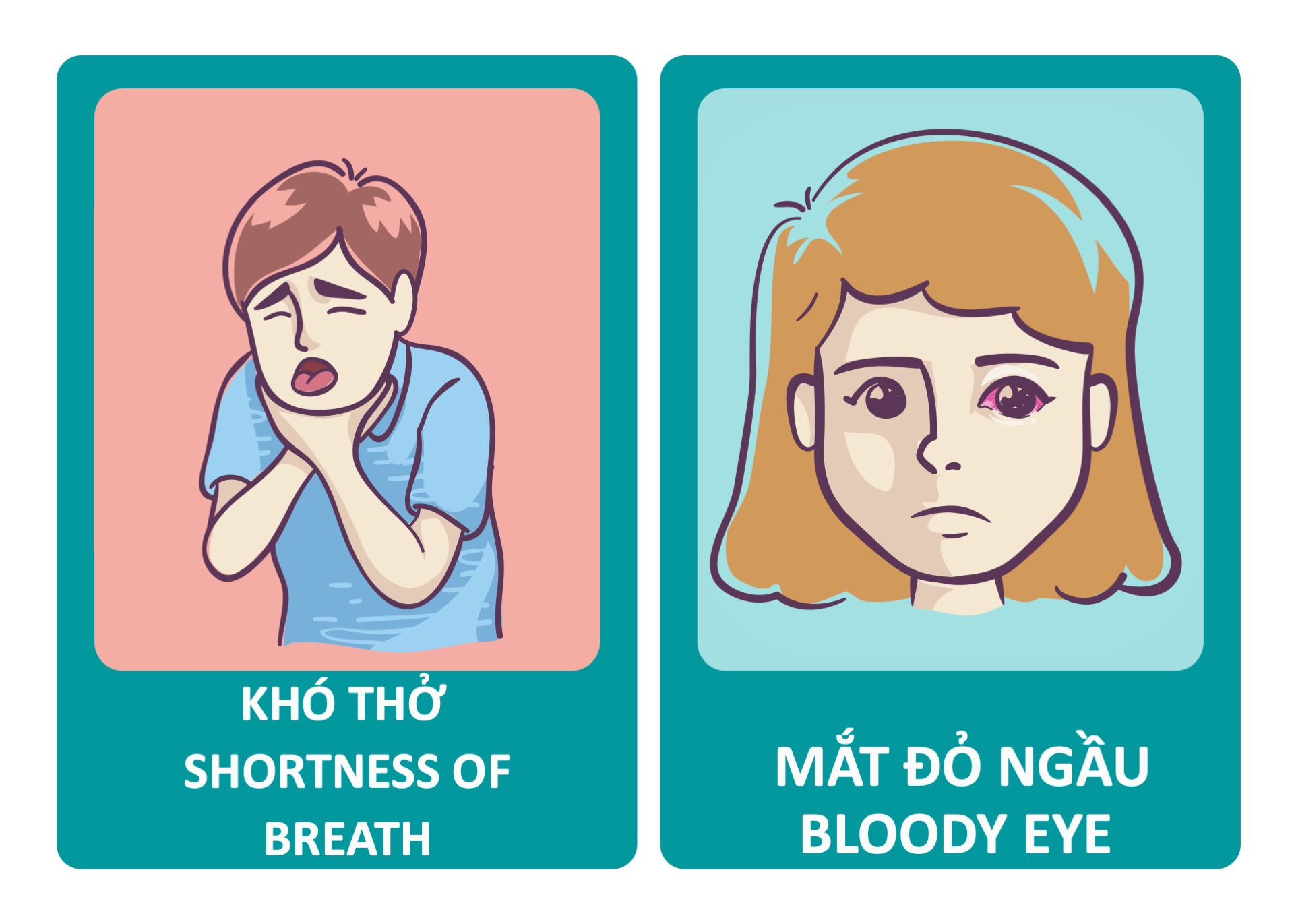 |
Click here to access this training material in Vietnamese.
